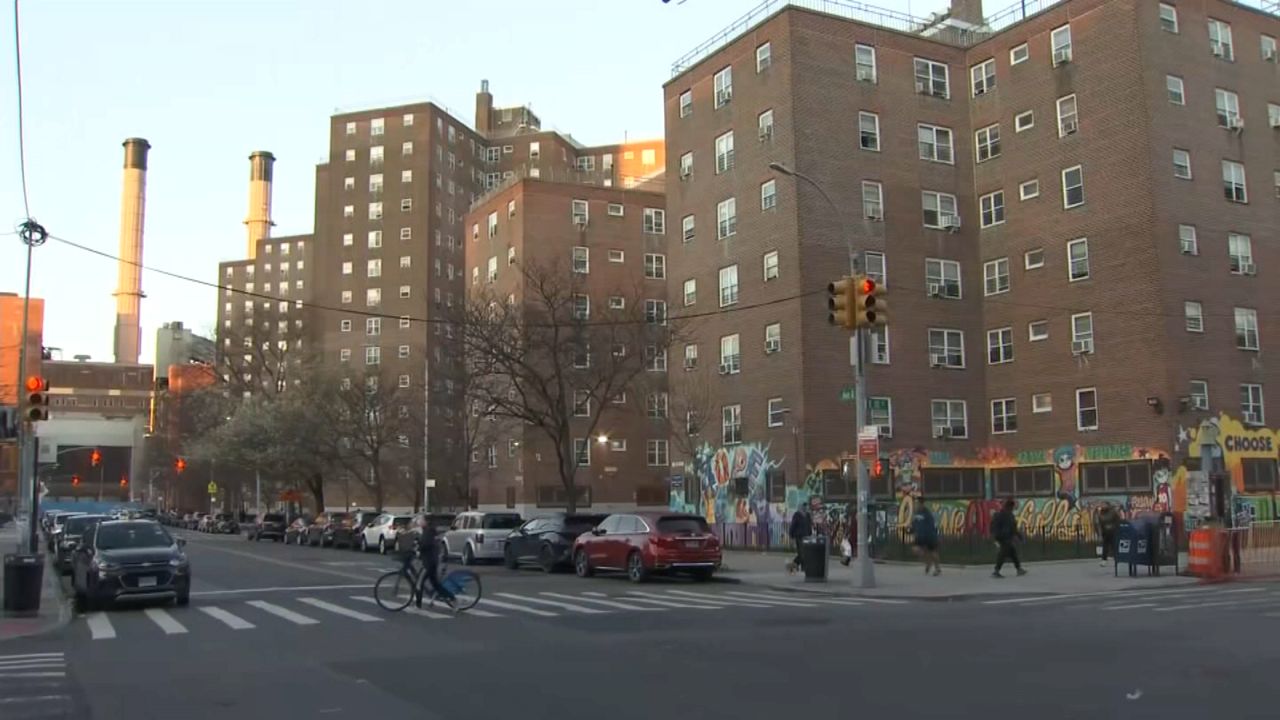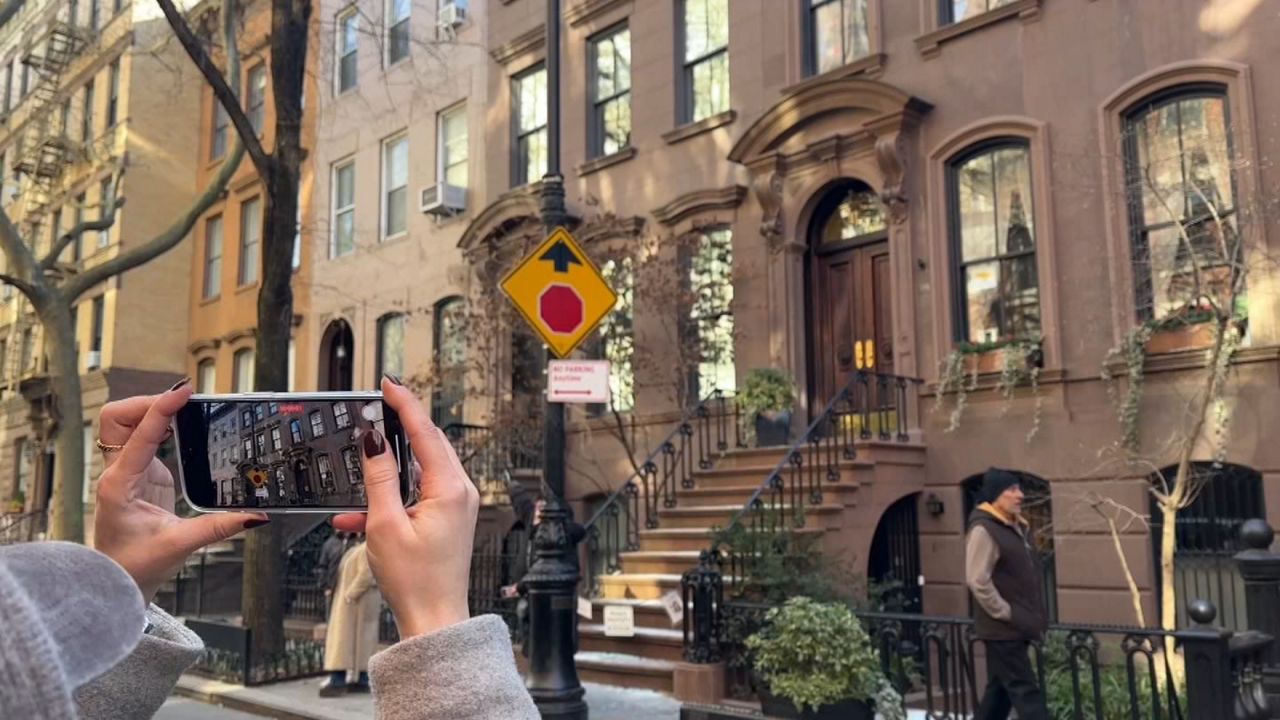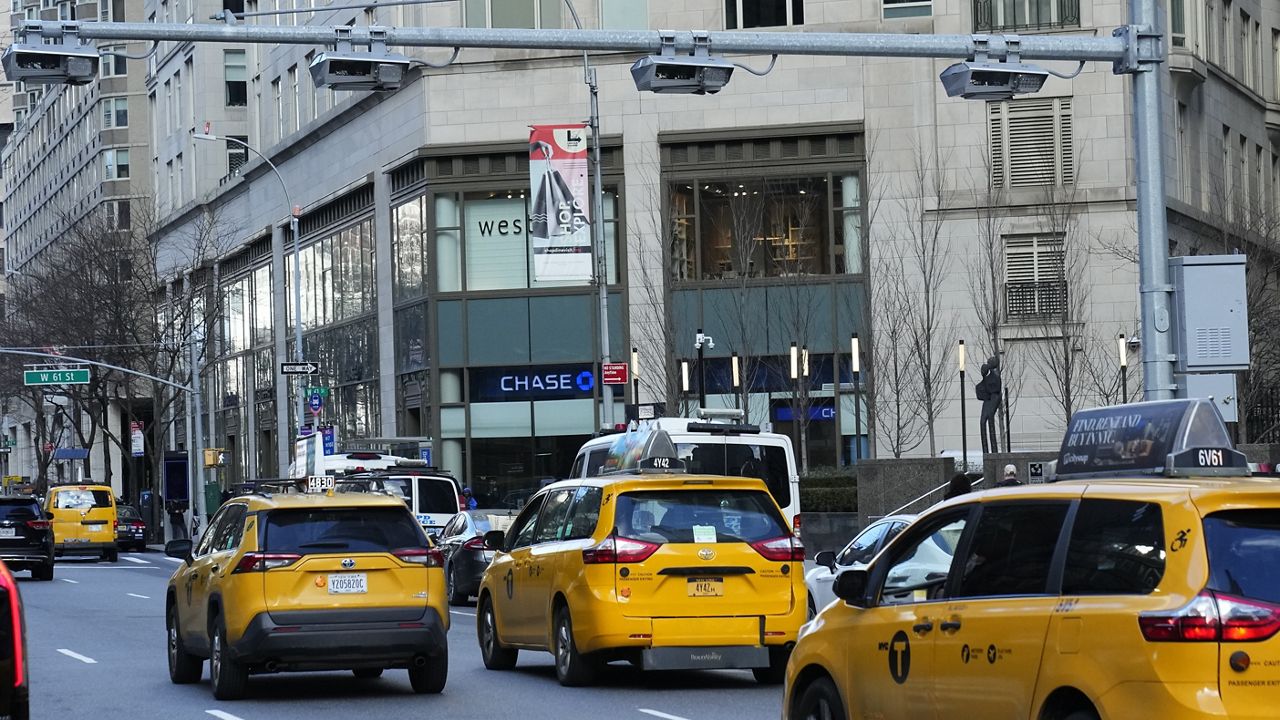Black and white pictures are fanned out on a bed in Olga Lauriano’s apartment. She delicately went through them — nostalgic for another time, another phase of her neighborhood.
“These are the pictures of the building being put together,” Lauriano says.
Images from 1946 of a metal frame and construction of the same building we are standing in. It’s the same building Lauriano has lived in for two decades. She has served as the tenant association president here for a dozen years.
“It’s very important to me because this is my last place before I go home,” she said, pointing up. "OK. And I gave a lot of time to this development."
The building is a former hospital turned public housing, and now, it's getting yet another identity.
Late last year, it was taken over by a group of private developers, the latest conversion for public housing properties in the five boroughs through a program NYCHA calls PACT (Permanent Affordability Commitment Together), based on the federal RAD program.
“We wanted the change,” Lauriano said. "We wanted the building to have better service. We wanted the repairs more rapidly.”
This program converts public housing to Section 8, which is a federally funded housing subsidy program. Private developers manage the property (NYCHA still owns the land). The developers are also supposed to make much-needed repairs to the properties.
Since 2016, the city’s public housing authority has officially converted or is the process of converting 21,377 apartments to the program in what critics say is a hop, skip, and a jump away from privatizing public housing.
Lauriano says so far, she is getting better service.
“If they call me, I call the superintendent and he picks up that phone,” she said of her new management. "I don’t have to wait for days to get an answer. That’s how it was with NYCHA. And sometimes they never answered.”
The latest deal includes 16 NYCHA developments in Manhattan, including Lauriano’s. All told, about 1,700 apartments will be taken over and rehabilitated by a group of developers known as PRC. They promise to pour hundreds of millions of dollars into the properties.
The developers promise improvements. Each of the properties will get new kitchens and floors, new bathroom flooring and fixtures.
Even with those promises, the program is still controversial. Tenants fear evictions and private takeovers.
“There has been a lot of misinformation, you know, that’s been spread as part of RAD conversions,” said one of the developers, Pierre Downing of Kalel Holdings. The buildings, he promised, will remain affordable. No one is getting kicked out, he said.
"Residents will continue to pay 30 percent of household income, which is no different that what they are paying now,” Downing said.
We know there is more to come. The city hopes to triple the number of these conversions by 2028.
That’s something Lauriano says tenants should welcome.
“NYCHA would send the plumbers here that would break the pipes so they could come back and get overtime,” she said. "That’s not going to happen anymore. We’re relaxed. The people that come in to do repairs, do them. And we see them that they are done and the things are working. And that’s what the seniors want.”







_DNT_Homeless_Sweep_Bill_Data_CLEAN)

